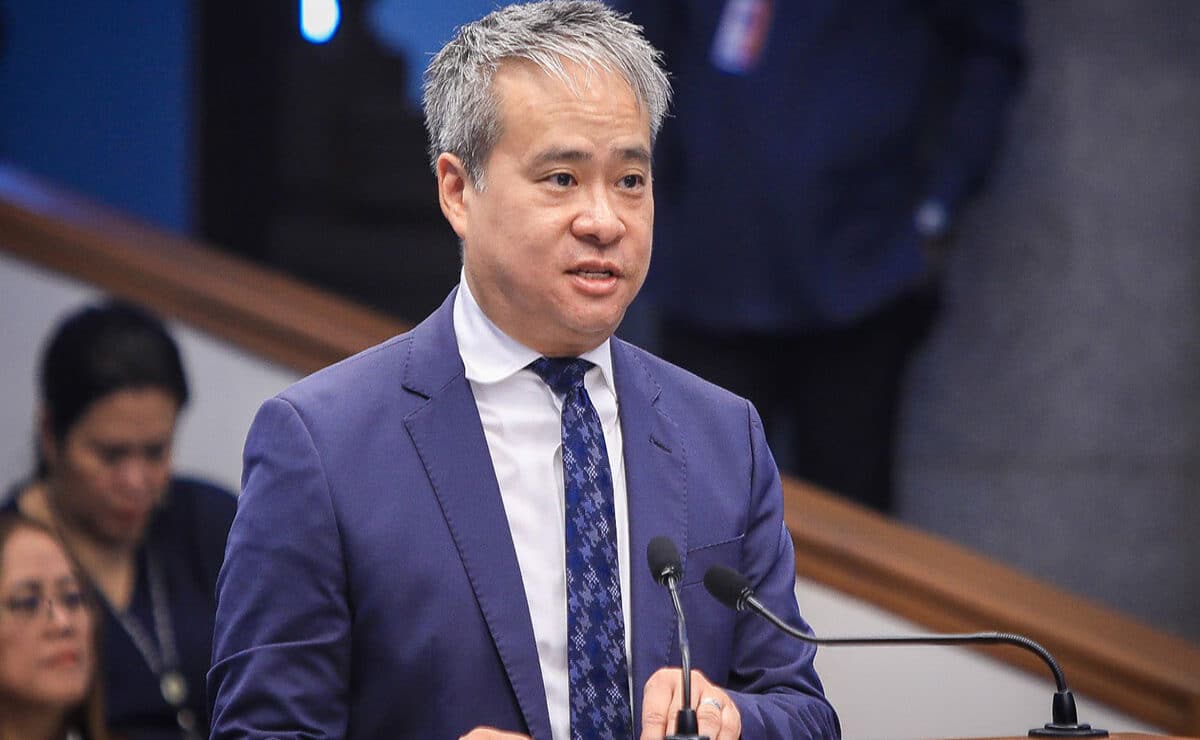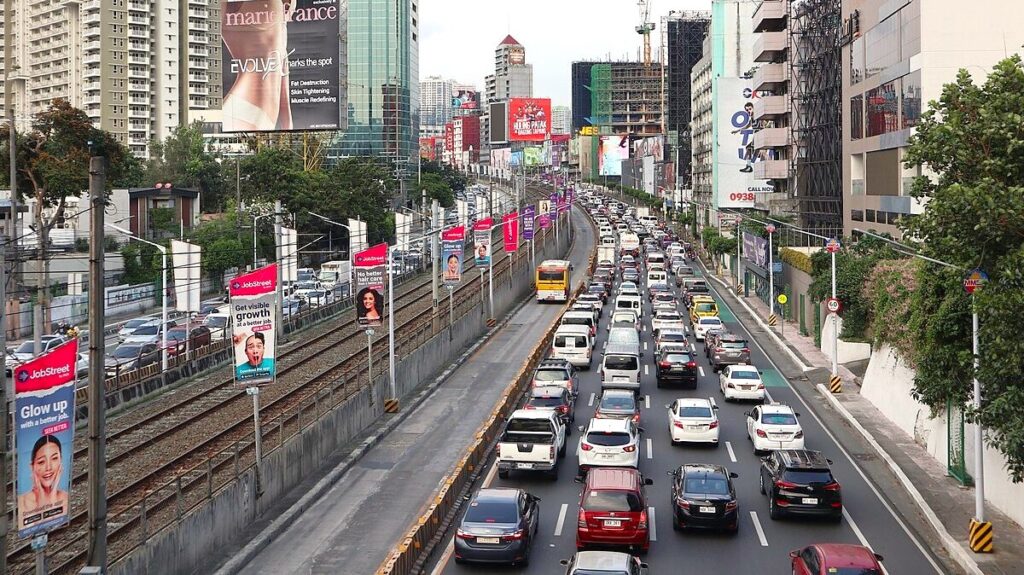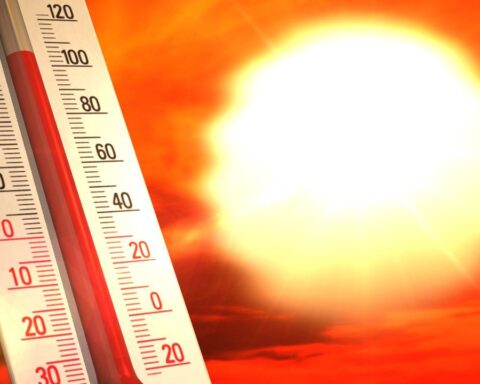MANILA, Philippines — Senator Joel Villanueva has filed a resolution in the Senate calling for an investigation into the implementation of the National Immunization Program, amid growing vaccine hesitancy and the resurgence of vaccine-preventable diseases such as polio.
In Senate Resolution No. 1334, Villanueva noted that while the Department of Health (DOH) has set a goal of achieving 95% full immunization coverage for children under five years old starting in 2024, recent data show this objective has yet to be met.
The senator cited several contributing factors, including logistical challenges, issues in the vaccine supply chain, and persistent public distrust.
“As of January 2025, the DOH’s partial Field Health Services Information System data for 2024 showed that only 61 percent of 1,459,353 out of 2,392,392 eligible children in the Philippines are fully immunized,” Villanueva stated.
He warned that this low coverage leaves vulnerable groups exposed to diseases like measles, diphtheria, and pertussis.
Despite the availability of reliable and effective vaccines, Villanueva stressed that vaccine hesitancy remains high. He attributed this to “lingering mistrust from previous vaccine controversies, the spread of misinformation, and the insufficient reach of government-led awareness and communication campaigns.”
He emphasized the broader implications of low immunization rates and vaccine wastage, saying, “The consequences of low vaccination rates and high vaccine wastage are far-reaching and alarming, posing significant public health risks, undermining herd immunity, reversing gains achieved in the elimination of deadly infectious diseases, and resulting in considerable financial losses for the government.”
Given the situation, the senator underscored the urgent need for targeted solutions to close systemic gaps, rebuild vaccine confidence, and strengthen public health policies to ensure the protection of all Filipinos.








